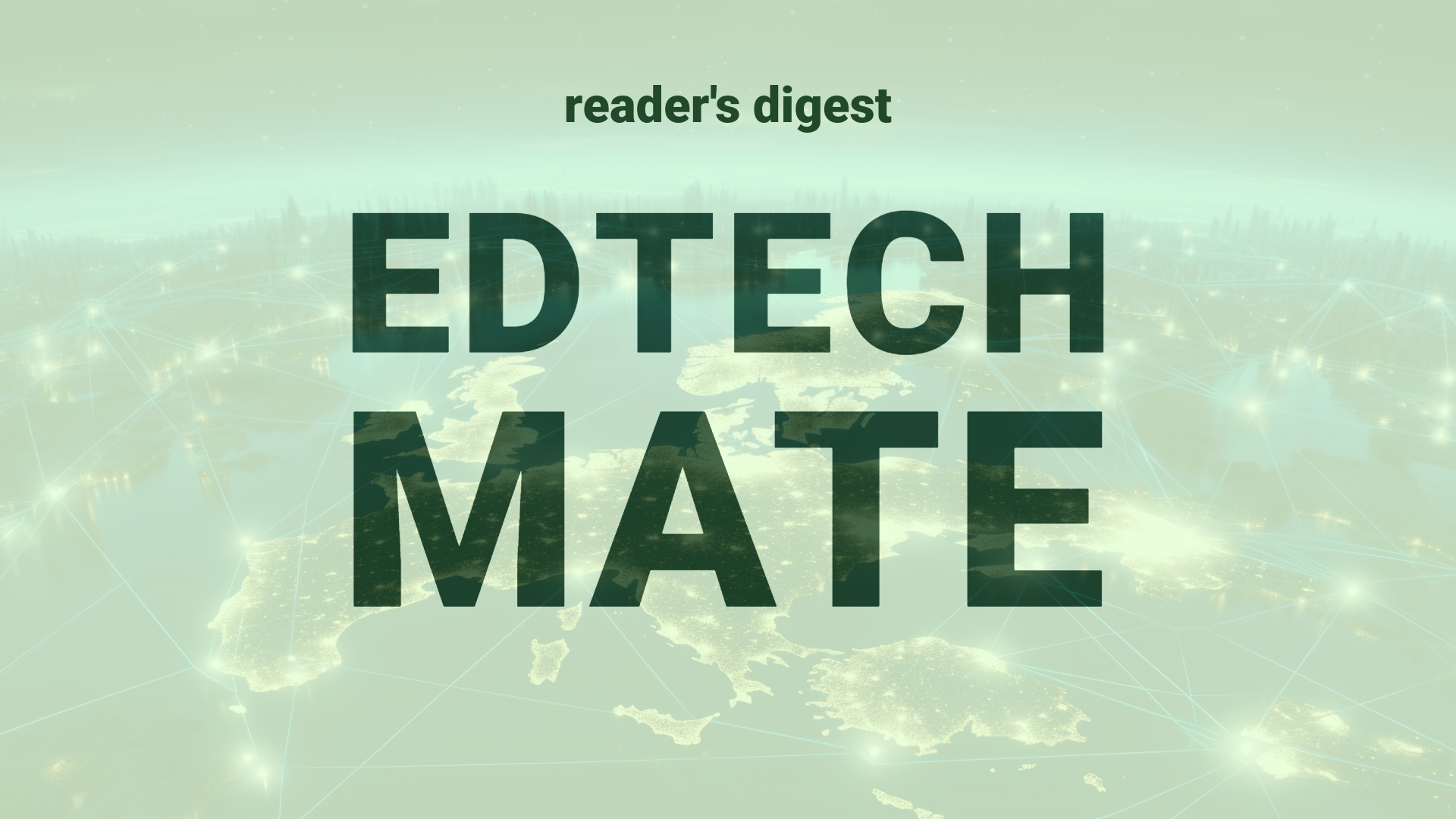Executive Summary and Main Points
In an exemplary case of technological integration, Dener Motorsport has harnessed Microsoft Fabric’s Real-Time Intelligence capabilities to stream and analyze data from race cars during the Porsche Carrera Cup Brasil events, marking a significant shift from post-race data retrieval to real-time access. This advanced use of real-time analytics and Internet of Things (IoT) devices allows for immediate predictive maintenance and strategic decision-making based on high-frequency telemetry data. This innovation has the potential to enhance safety and race performance while laying the groundwork for enhanced fan engagement through the strategic use of performance data in live broadcasts.
Potential Impact in the Education Sector
The swift digital transformation exemplified by Dener Motorsport’s strategic partnership with Microsoft Fabric can inspire educational institutions to pursue similar advancements. In Further Education and Higher Education, real-time data analysis may revolutionize laboratory research, remote learning experiences, and the management of campus facilities. The implementation of similar IoT technology could enable educational institutions to personalize learning pathways based on live student data. For Micro-credentials, such an approach could substantiate the hands-on expertise and competencies gained, providing authentic, real-time assessments that reflect a learner’s skills.
Potential Applicability in the Education Sector
Innovations such as real-time data analysis and predictive maintenance can be adapted for higher education facilities management, potentially reducing downtime and costs. AI-driven analysis of student engagement and performance data could lead to more personalized instruction and preemptive student support. Additionally, immersive fan engagement strategies could translate into higher education with interactive learning environments and virtual simulations that leverage real-world data to enhance the educational experience.
Criticism and Potential Shortfalls
While the benefits of digital transformation in the education sector appear promising, potential challenges include the risk of data breaches with the increased use of cloud services and IoT devices. Ethical concerns regarding data privacy and the potential for AI to perpetuate biases must also be weighed, especially within an educational context where trust and equity are paramount. Internationally, disparities in technological infrastructure could exacerbate educational inequalities. Cultural differences in the acceptance of such technology must be considered to ensure a sensitive and inclusive implementation.
Actionable Recommendations
Education leaders should consider phased integration of real-time analytics and AI tools, initially targeting specific areas such as infrastructure management or tailored student services. Strategic partnerships with technology providers can be valuable, but institutions must ensure robust data governance policies are in place. Exploring the deployment of private network technology could enhance the reliability and security of data-driven educational tools. Finally, leaders should commit to fostering a culture of innovation within their institutions to prepare the educational ecosystem for continual digital progression.
Source article: https://www.cio.com/article/2110646/porsche-carrera-cup-brasil-gets-real-time-data-boost.html

